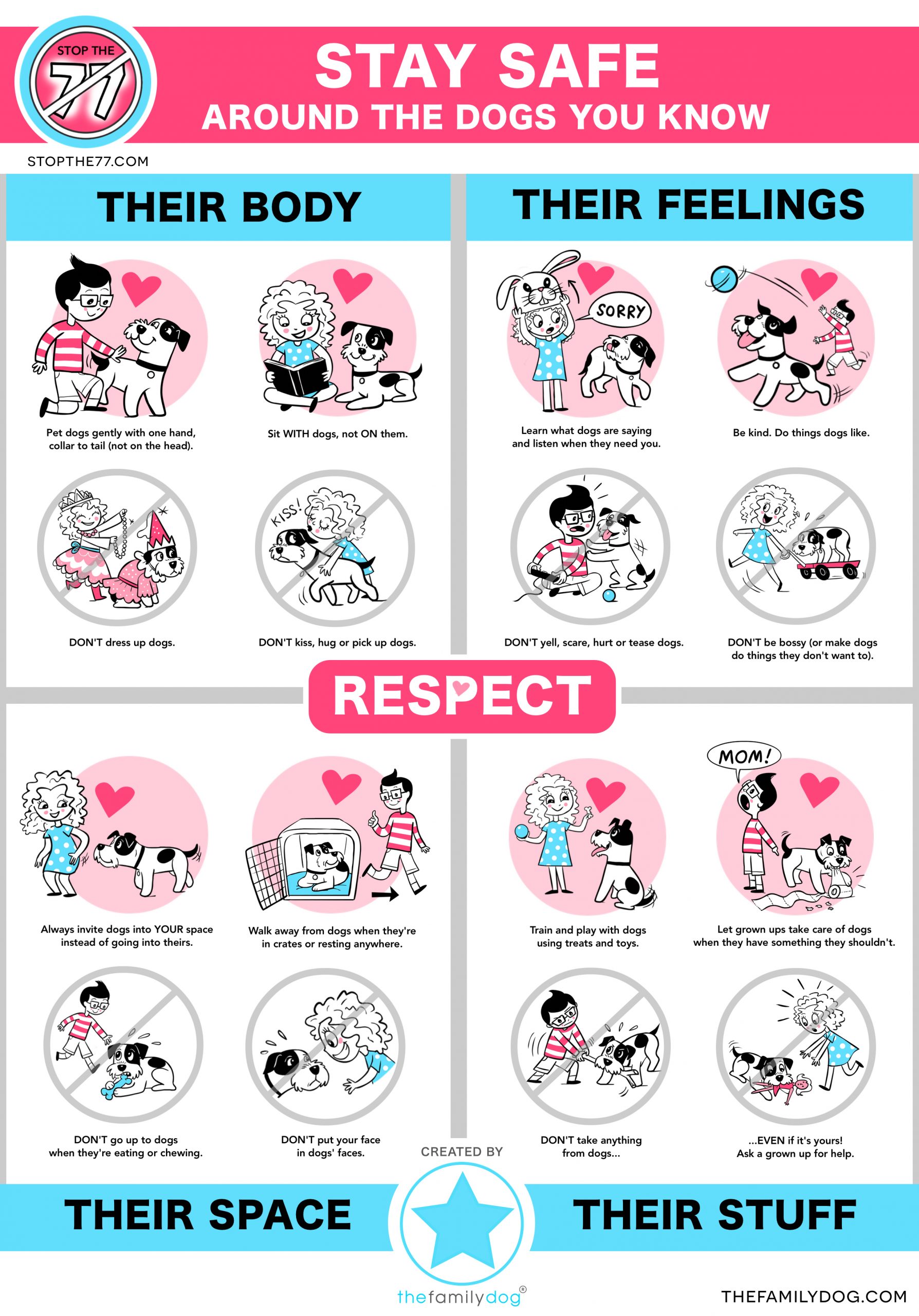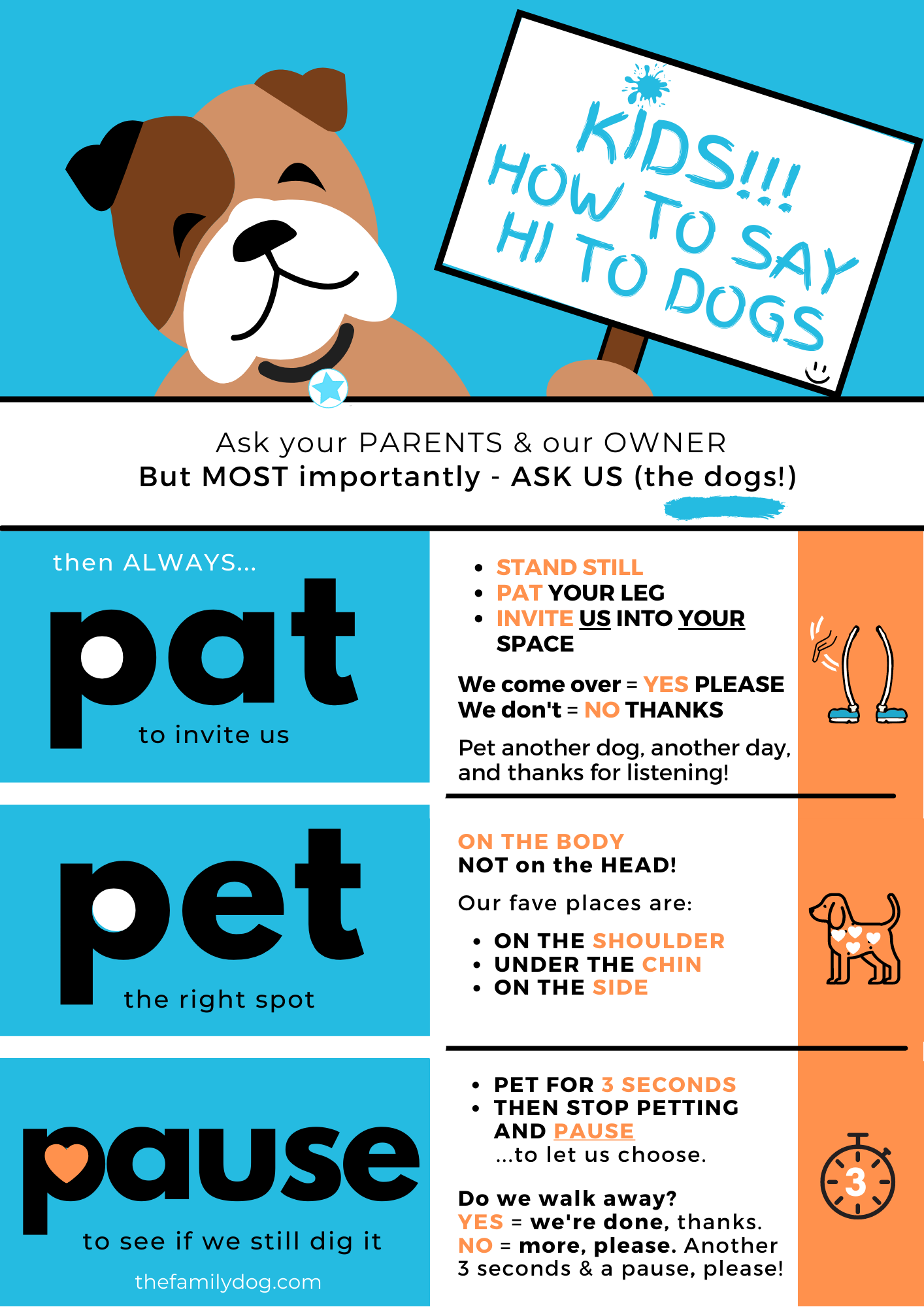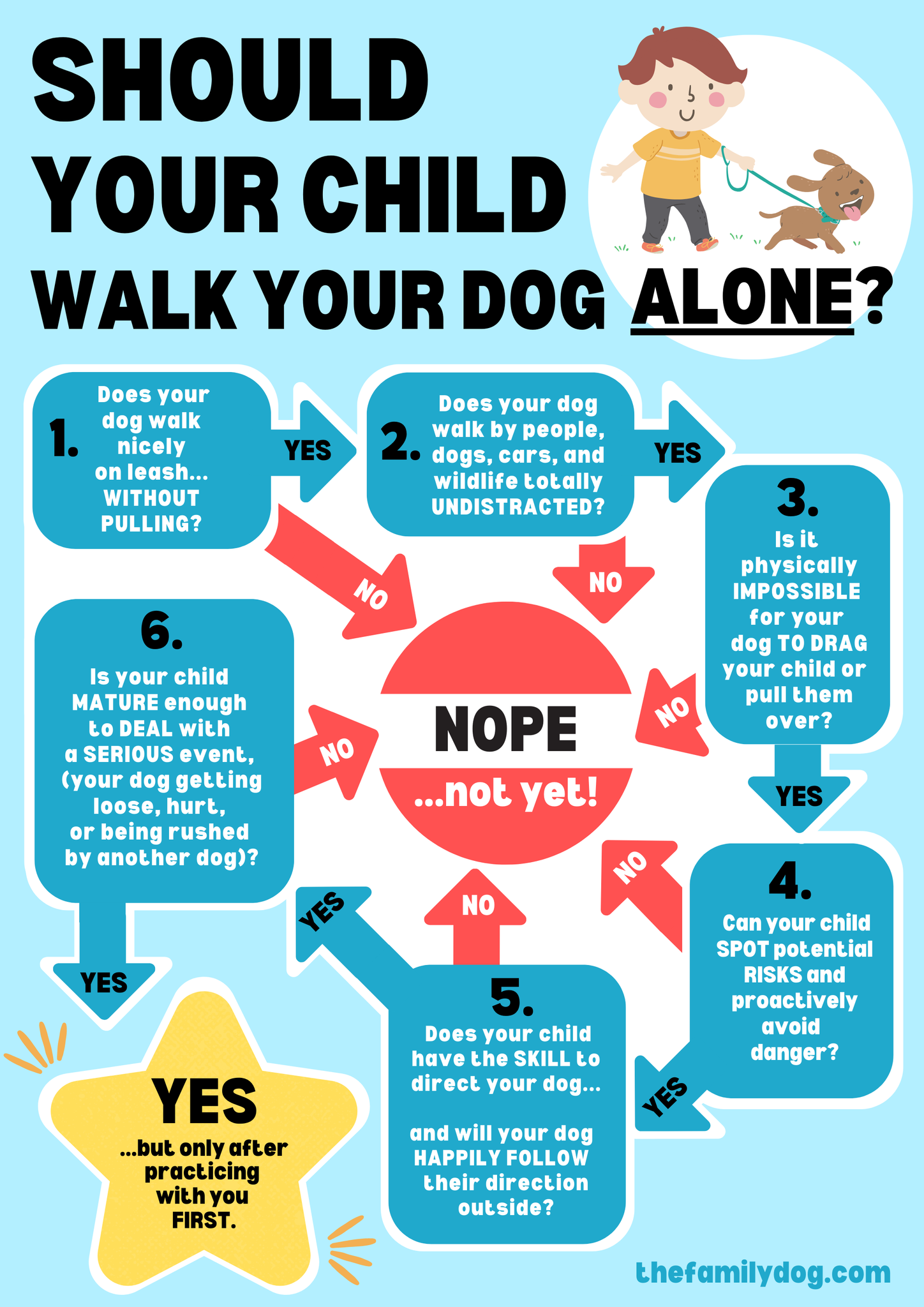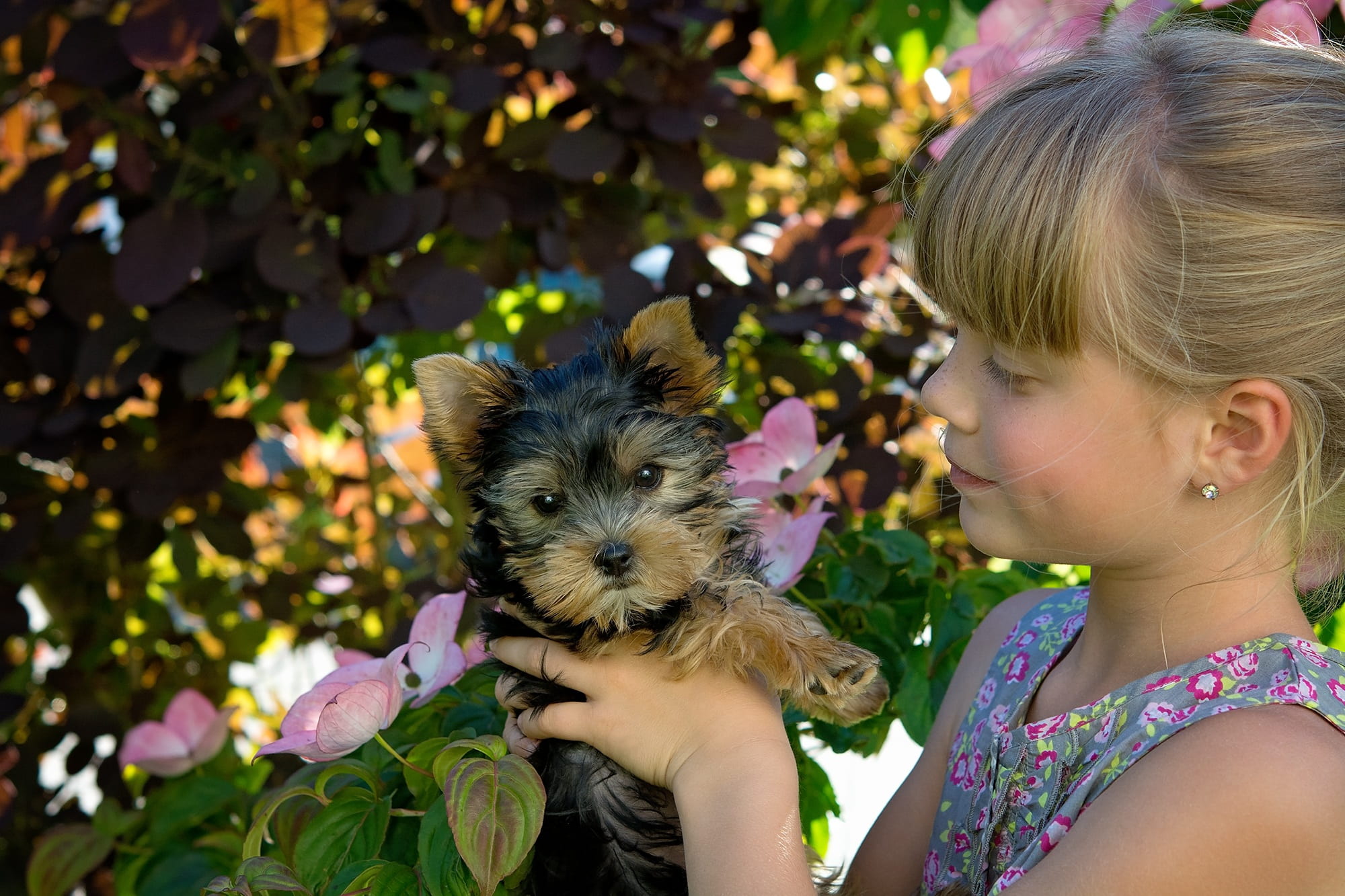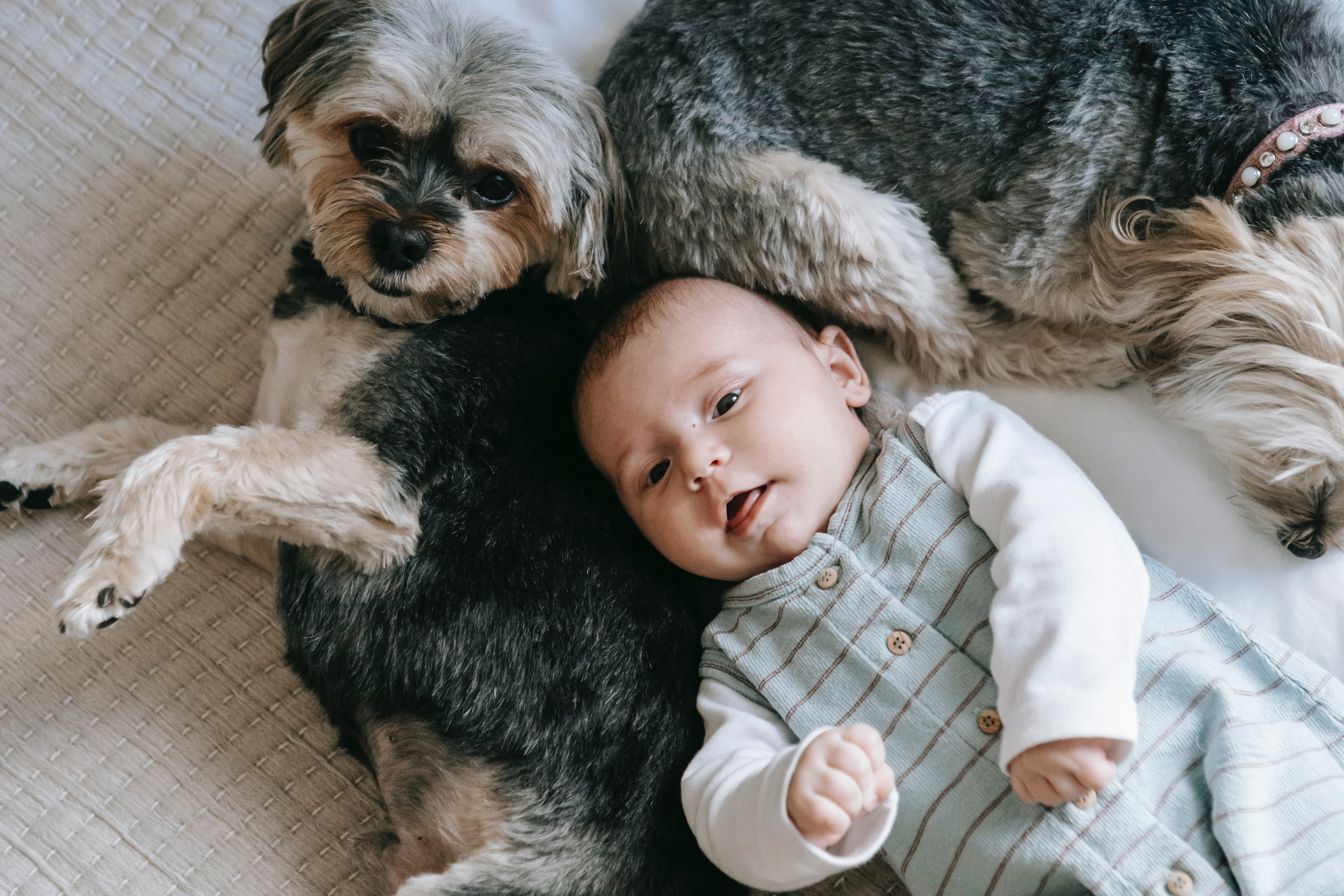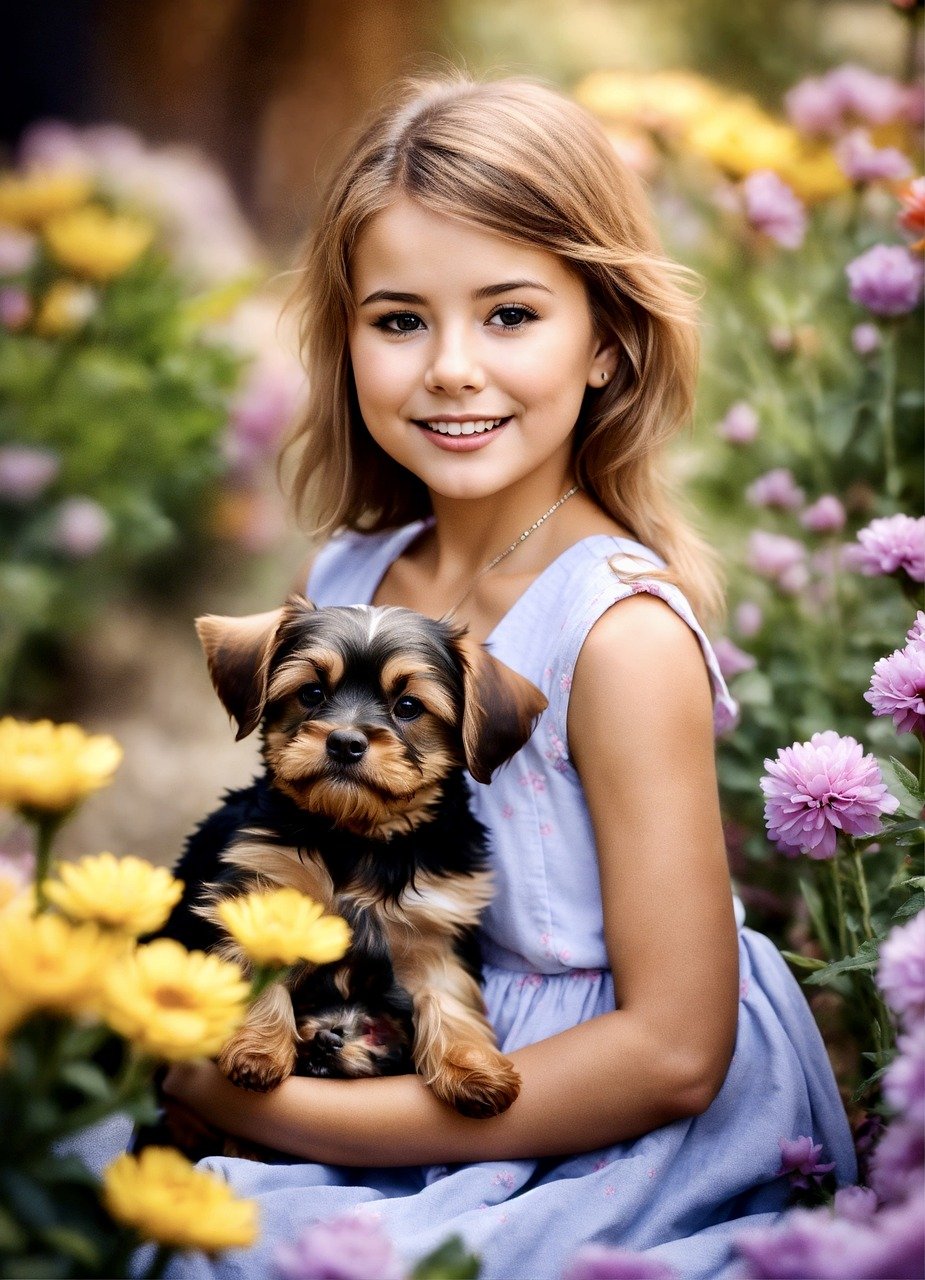
Yorkies &
Kids |
Children and dogs can form
an incredible bond. Before getting a dog, it's crucial to
determine whether your household is prepared for a canine companion. |
1.
Recognize the Need for Commitment
A dog requires
dedication. It costs money, patience, and time. Dogs
require a lot of care and are labor-intensive. They need love,
affection, food, water, and shelter. The average cost of owning a dog
is between $1000 and $2000 a year, not including the cost of food or
veterinary care. Make sure you have the time and resources to
dedicate to a dog if you're thinking about getting one or adopting one,
as they will be under your care for the duration of their lives.
Not the responsibility of your children. |
2.
Are your kids ready? How can you know?
Choosing to become a pet
owner is not simple. There are a lot of things to think about,
like the time commitment, financial responsibility, and possessing the
essential skills for taking care of it. Yet your child ought to
be allowed to own a pet if they are a responsible adult who is prepared
to assume this duty. When children are able to properly care for
a dog and have the time in their schedule to do so, they are ready for
a dog. One of the most significant choices you will make as a
parent may be whether or not to get your kids a pet. It's
critical that you are aware of the responsibilities that come with dog
ownership before you decide to adopt a dog. Youngsters aren't
always prepared for the responsibilities that come with being dog
owners. Before they get their own dogs, it's crucial to teach
them about dogs and how to care for them so that they are ready.
A child's readiness for a dog can be determined by a number of factors,
including maturity. It is imperative for parents to conduct
thorough research on the type of dog breed that would be most
appropriate for their child and household |
3. What breed of dog is best for your household?
Selecting the ideal dog
for your household is a significant choice. Dogs can be found in
a wide variety of shapes and sizes and breeds. It's crucial to
choose the one that most closely matches the way of life of your
family. When selecting a dog breed, there are numerous
things to take into account: -Size: Certain breeds might be too
big or small for your kids or your living area. It is not
advisable to let toddlers play unattended with the puppy.
Regardless of the puppy's size. - Energy level: This is crucial
if you have kids who enjoy playing outside, running around the house,
or taking long walks. The most energetic children and adults can
become exhausted by a high energy dog. -Personality: The personalities
and IQ levels of different breeds vary. Many factors, such as
genetics, environment, training, and socialization, influence a dog's
temperament and personality. Breed alone is not enough to
determine a dog's personality.
|
4. What to anticipate
when dealing with young kids and puppies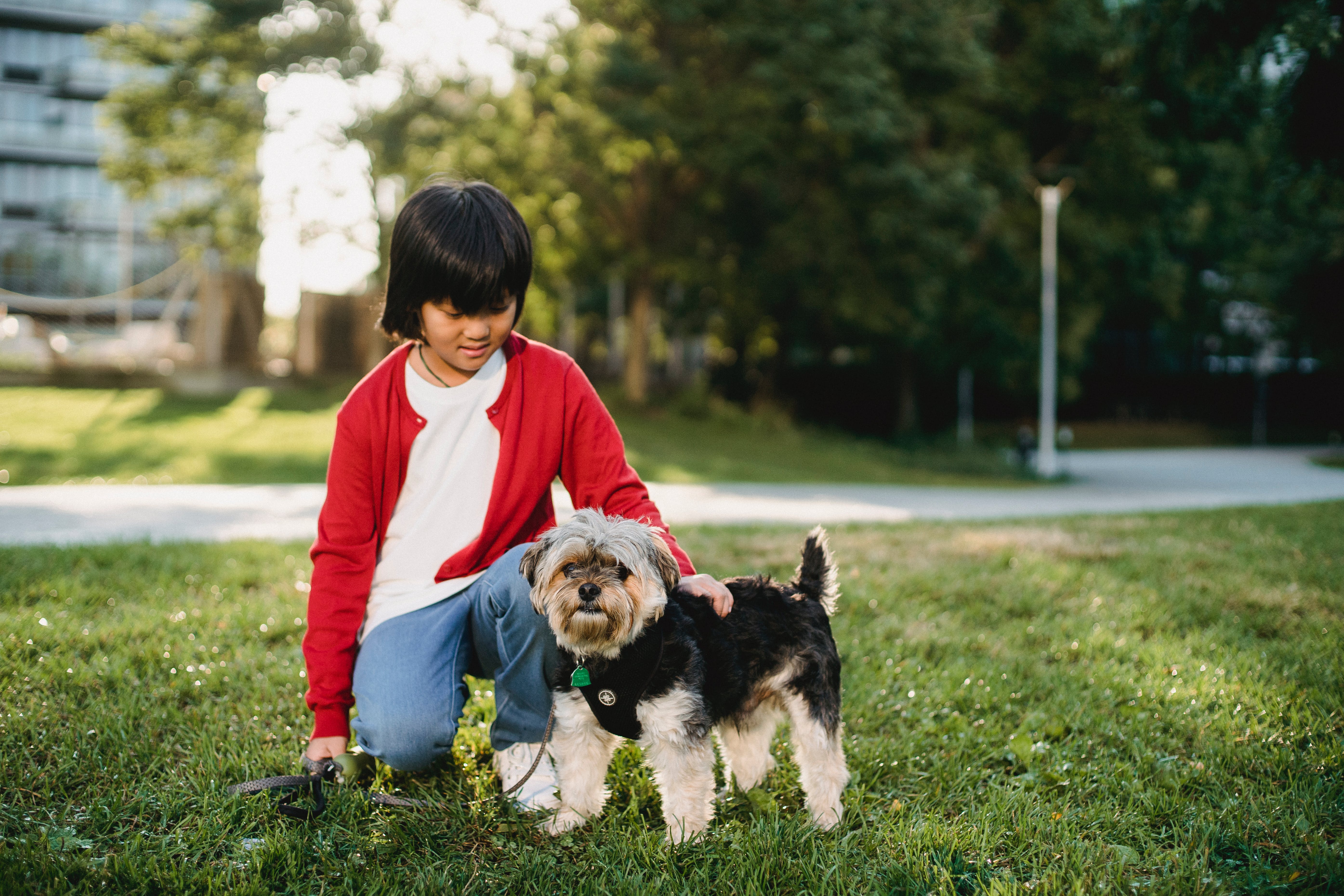
When
around puppies, small children should always be watched over.
This is because they might not know how to act around them and they
might inadvertently hurt the dog. It's crucial to teach your
small child how to behave around puppies if you have one in your home
to prevent them from getting hurt. Before letting a small child
play with your puppy, you should also make sure that it is safe from
any hazards or dangers inside the house. For some children,
getting their first dog can be a challenging adjustment. They
might lack the patience required to train an animal and be unprepared
for the responsibilities of pet ownership. Providing children
with opportunities to learn about dogs in general and gain practical
experience with them is one way to help them become ready to become dog
owners. When they decide to adopt a pet, this will help them
understand what they're getting into. |
5. How can I get my kids ready
to become dog owners?
Start by researching
various breeds and selecting the ones that most closely match your way
of life. Avoid "tiny" puppies if you have young children in your
household. This is unfair to the kids and disastrous for the
puppy. Secondly, after deciding as a family on the breed and
breeder for your puppy, call a family meeting to establish ground
rules, duties, and expectations. Third, educate yourself on
everything there is to know about taking care of a dog. When
conducting this research, you may want to think about bringing your
children along so they can have a better understanding of what they are
getting themselves into. Fourth, teach your children how to take
care of their new dog by starting with a pet that needs less attention
and giving them tasks like cleaning, feeding, and demonstrating that
they can follow directions and provide consistent care. |
6.
We are ready, what is next?
For you and your kids,
puppy hunting may be the most thrilling experience ever. A "team"
needs to be assembled before you make the decision to take a puppy
home. A dog trainer or dog training program should be on your
team. It's likely that you will require assistance to raise your
dog in the best possible way unless you are an experienced dog
trainer. You have to have realistic expectations for a dog and
realize that this isn't a Walmart puppy that you can return when it
gets "difficult," because it will have needs.Your veterinarian ought to
be a member of your team as well. Do your homework and get referrals
from local vets. A skilled groomer will be an integral member of
the team involved in your puppy's life. Find trustworthy groomers
who are familiar with your breed by asking around, and if your breed
requires extensive grooming, be sure you can afford the expense.
Your puppy's breeder will be with them forever and should offer
lifelong support. This does not imply that you should work
exclusively with your breeder. When it comes to breeding,
whelping, and raising puppies, they are pros. Ask your trainer
any questions you may have about the training. Ask your groomer
any questions you may have about grooming. Ask your veterinarian
any questions you may have about specific health issues. Your
breeder is a great resource to consult when you need advice or
guidance. Ultimately, even though they are now yours, this puppy
will always be a part of them and something they love. We
appreciate you visiting Setareh Yorkies. |
Our experience with Yorkies & Our
Daughter (who is 7 years old)
When we got our yorkies Charlotte was 5 years old. I was very
nervous because they were very tiny and she had only been around larger
dogs at this point in her life (14# Yorkie Mix) and (50# Standard
Poodle). We set down some ground rules on picking up and handling
and taught her how they should be treated and she has done extremely
well with only one mishap of dropping Cindy once where Cindy requred
medical attention (just stunned and needed pain med for a day or
two). I think yorkies make fantastic family pets however, I would
STRONGLY encourage families with small children to consider all aspects
of owning a tiny puppy. They can easily be dropped and legs can
be broken, I have even heard of it killing puppies who have been
dropped by a small child. Please take this into consideration
when considering getting a Yorkie Puppy. We have been extremely
lucky to have raised Charlotte in a home with lots of animals.
She is still learning how to respect animals and their space. As
I write this, this morning she was bitten by one of our cats whom she
was 'invading' her space. Animals and Kids can live in harmony it
just takes a lot of learning and sometimes hard life lessons to do so. |
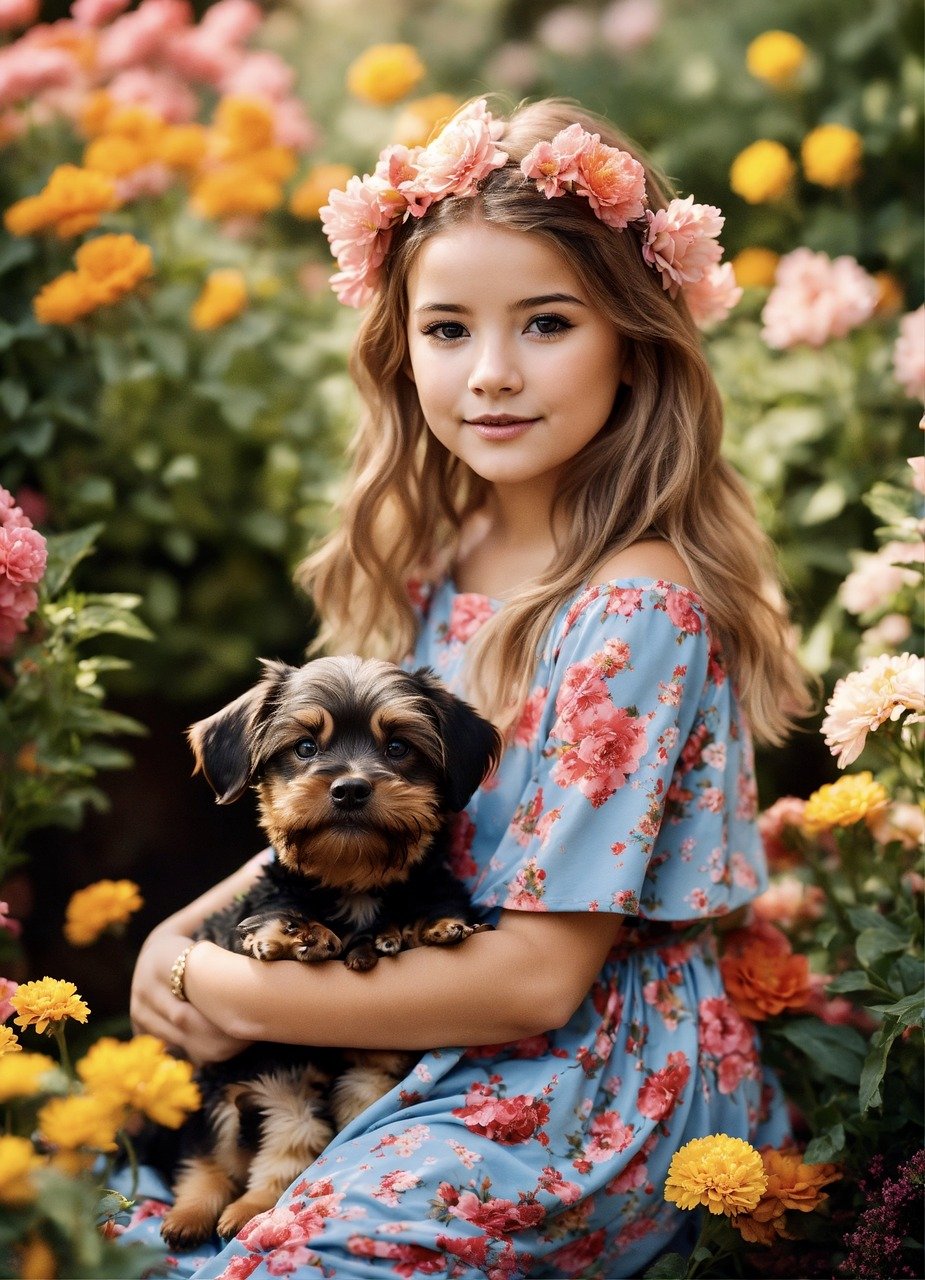 |
|
|
|
.
|



